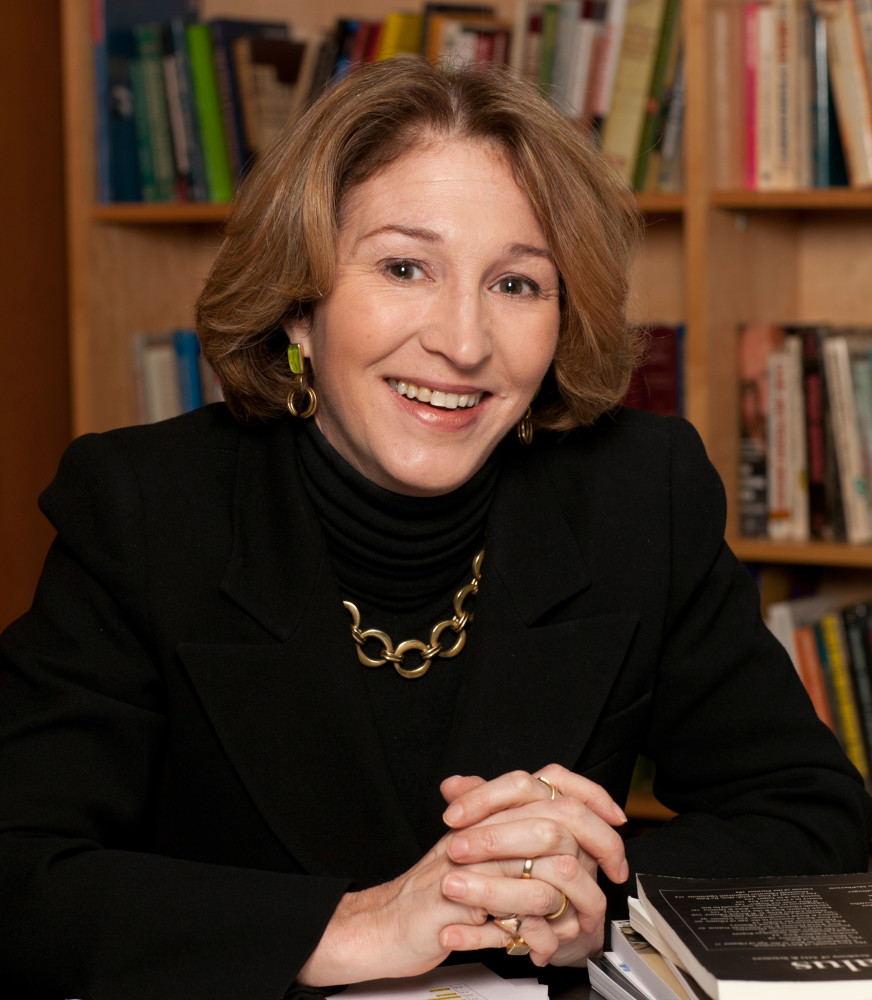By Carolyn Click
The State (Columbia, S.C.)
Anne-Marie Slaughter has changed her mind when it comes to advising a younger generation of women about how to approach that thorniest of issues: The balance of work and family.
Before Slaughter wrote the now iconic Atlantic monthly article “Why Women Still Can’t Have It All,” she would have promoted that most conventional of feminist arguments: Never let them see you sweat.
That is, stay in the workforce at all costs, storm the barricades if necessary, assault the male corporate structure.
But then she wrote the June 2012 article and the floodgates opened.
“It was a tsunami,” Slaughter said in a telephone interview Monday. “It rolled over me and changed my life. My mother called up two days in and said ‘What have you done?”‘
It turned out that Slaughter, who comes to South Carolina on Thursday as the guest speaker for USC’s annual President’s Leadership Dialogue, had ripped off the scab of a simmering conversation and debate in America.
It was a conversation that was taking place, not just among the educated elites on Wall Street and in Washington, but in ordinary families who were working hard to earn a paycheck, raise their children and, often, care for elders.
It turned on worries about the disappearing middle class, and “just in time” scheduling and corporate structures that weren’t working for a generation of millennials that had watched their parents’ struggles.
“I think I caught an inner-generational wave,” Slaughter said.
Slaughter’s article detailed how she gave up her high-powered foreign policy post at the State Department to return home to her family in Princeton, N.J., where her oldest son was struggling in middle school. (He gave her permission to write about him.)
She still had a full-time job as a tenured professor of foreign policy at Princeton, but she was no longer working excruciating hours during the week in Washington and commuting home on weekends.
“A rude epiphany hit me soon after I got there,” she wrote. “When people asked why I had left government, I explained that I’d come home not only because of Princeton’s rules (after two years of leave, you lose your tenure), but also because of my desire to be with my family and my conclusion that juggling high-level government work with the needs of two teenage boys was not possible.
“But I routinely got reactions from other women my age (she is 56) or older that ranged from disappointed (‘It’s such a pity that you had to leave Washington’) to condescending (‘I wouldn’t generalize from your experience. I’ve never had to compromise, and my kids turned out great’).”
Hundreds of comments poured into the Atlantic’s website; her article was the topic of sometimes scathing commentary.
But Slaughter said as she sifted through the reactions, she saw larger issues at work, including the way men and women are socialized about work and home responsibilities and how a younger generation is turning some of the old values of competition on their heads.
Her reflex — “to say that men have more power and women need to claim that power” — isn’t totally embraced by a generation that shares its feelings and wants to have a life.
“The millennials are very open,” said Slaughter, who just returned from the World Economic Forum in Davos, Switzerland. “They all talk about why isn’t being a father as valued as being a mother.”
“It is noteworthy that they (the millennials) have mostly been raised by two working parents. I think they look at us — and they just don’t want to work as hard. They want a life.”
Slaughter, now the president of New America, a nonprofit, nonpartisan public policy institute, is talking and writing about the quiet revolution she thinks — she hopes — is taking place in the country. Her new book “Equal: Men Women Work Family” is being published by Random House in September.
Meanwhile, her TED talk on the subject has more than 865,000 views. Her former professional and professorial world of nuanced foreign policy debates has shifted to now include a new conversation about the roles of men and women in both a competitive and caring world.
“When I’m on this book tour, I will not be talking about why we don’t have enough women at the top so much as I’ll be talking about why don’t we value care at every level of society,” said Slaughter, who also carries a title as professor emerita of politics and international affairs at Princeton.
For her part, she said she knows she made the best decision when she returned home full-time to Princeton several years ago.
And that teenage son who struggled in middle school? He was just accepted early decision to Northwestern.














































































































































































































































































































































































